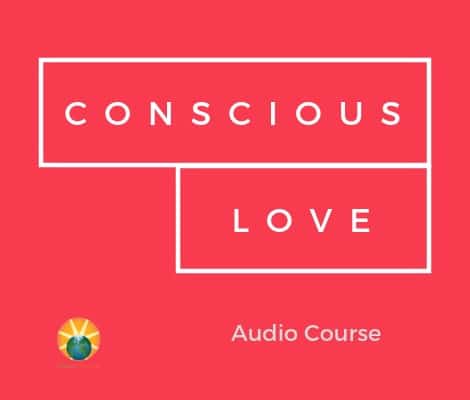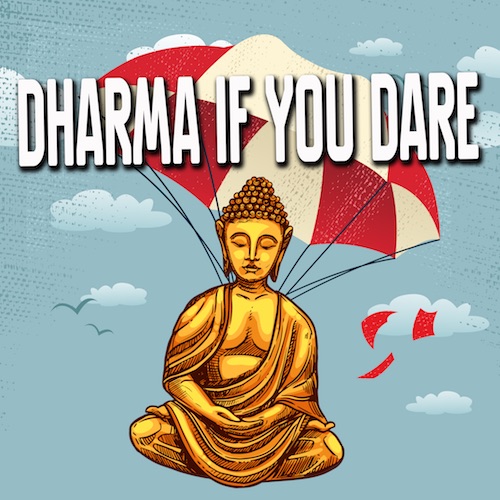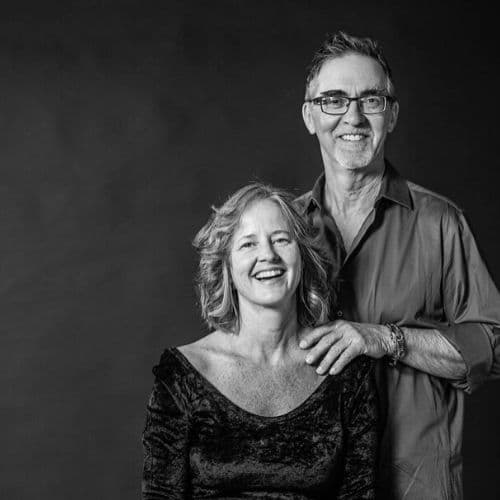What an Amazing Life:
COVID-19
21
March, 2020
by Doug Duncan Sensei
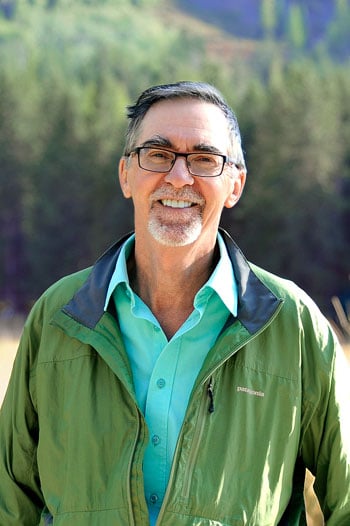
My late mother had a saying: “It’s an ill wind that doesn’t blow some good.” With the deadly coronavirus it may seem hard to find the good in it. Let’s try.
Nature’s Intelligence – A Simple Truth
Life is tenacious; it clings for all it’s worth. Think of the tiny plant that grows between the cracks in the concrete, or the mouse that fights the cat with determination to get away.
Nature is also profligate; it will produce life from whatever it
can. Every object, animate and inanimate, tries to hold together its form, whether it’s a rock’s molecules or an animal’s life force.
But along with life comes death. Everything is impermanent. Nothing lasts. Nature determines the viability of itself through this process: birth, death, birth, death, and so on, eternally.
Through this process of life and death, nature adapts and changes. Systems grow ever more complex to fight against death, and death becomes ever more efficient in moving things along. This is nature’s intelligence.
From a human’s point of view—limited as we are to an ego that is born and dies with us—this can seem like a tragedy. The ego does not want to believe that it is dispensable. We do everything we can to hide from it, ignore it and generally push it out of our consciousness.
As we mostly strive to ignore impermanence, then, we become extra sensitive to it. To see old or sick people struggle and suffer seems somehow unfair, and our sensitivity makes the process of their natural decay even more disconcerting to us. While many of us love animals we don’t seem to have the same sensitivity to their lives. (If we did, we wouldn’t be eliminating most of the species on earth as fast as we are.)
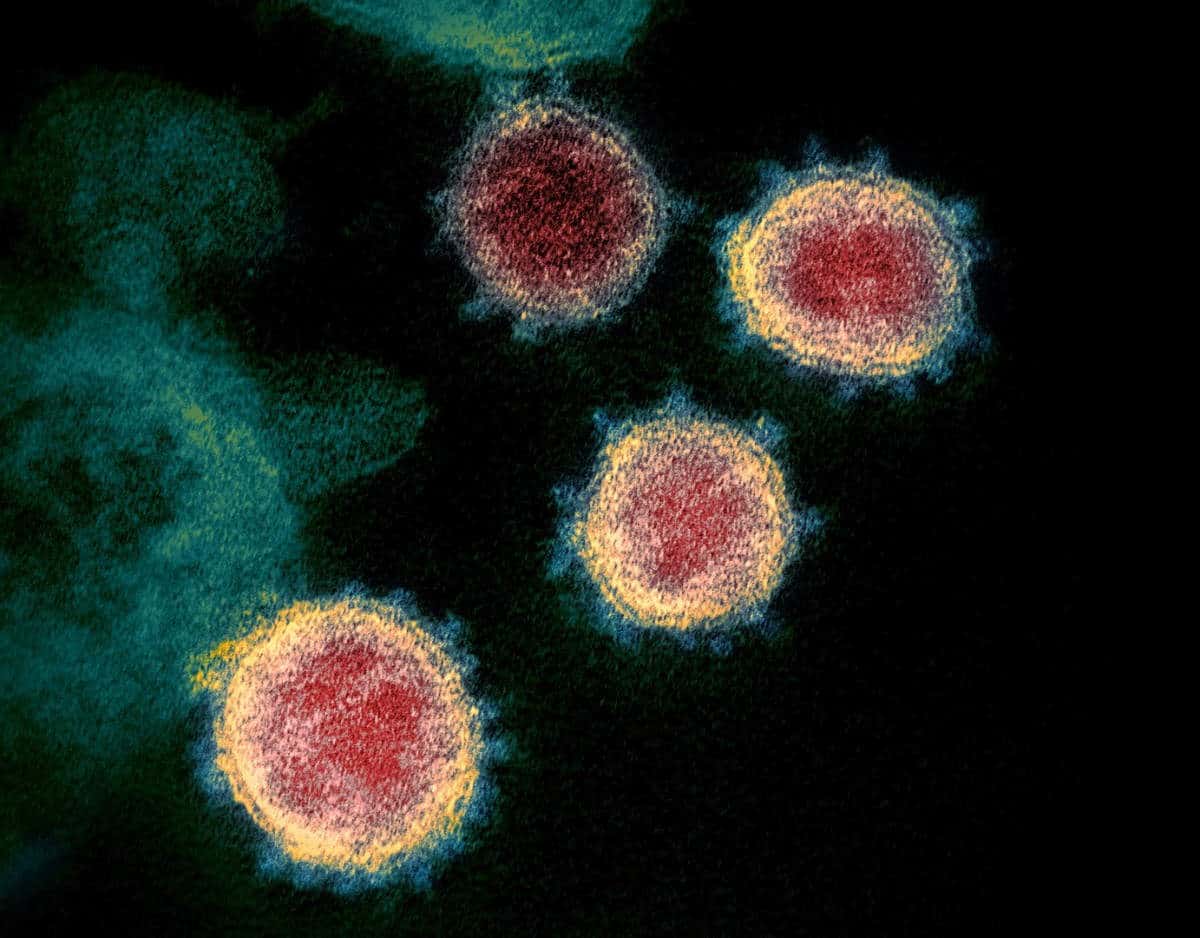
An electron microscope image of SARS-CoV-2, the virus that causes COVID-19.
A Compassionate Universe
The good news is that, at a certain point in the dying process, the organism realizes that its struggle is futile. Then the system stops fighting, and there’s a peaceful calm that can settle upon the one who’s dying. We see this in the mouse caught by the cat. After vainly trying to escape, it seems to accept its fate and becomes almost peaceful. The endorphins have kicked in, for both mouse and human.
Humans want to live, animals want to live and viruses want to live. All species strive to survive. Nature keeps in balance by continuing to have forces that create life—like sperm and eggs—as well as forces that end life, such as cancers, viruses and simply old age.
And while nature might wipe out individuals it tends to maintain a balance and not to wipe out whole species. If the lemming population goes up then so does the fox population. When there are too many foxes, the lemming population crashes and then so does the fox population. But for all the birthing and dying in these two species, foxness and lemmingness continues.
From 1918-1920, 50 million people died worldwide from the Spanish flu, out of a world population of about one billion people. A century later the population is over seven billion. How many will die of COVID-19? While we have much better science and technology, nature nevertheless finds ways to keep in balance.
“Trying to hang on to things causes all the pain.”
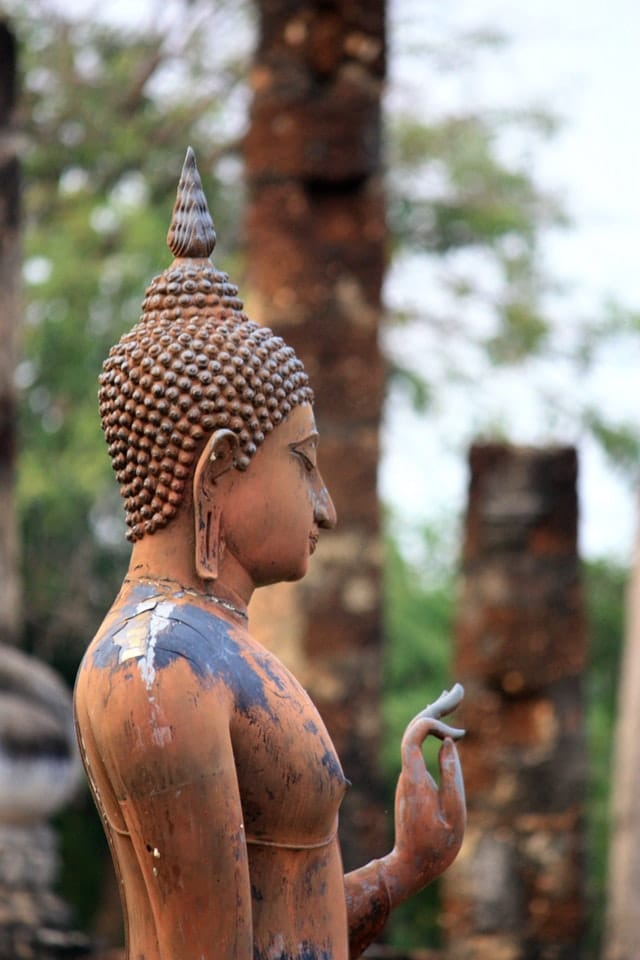
The Source of Suffering
When the Buddha was a young prince, it was prophesied that if he saw a sick person, an aged person, a corpse and a holy man he would leave the palace to venture out into the world to become enlightened. In other words he’d understand that life is a struggle, that everything is impermanent, that trying to hang on to things is suffering, that if there was a way to be free of this, as a holy man, he was going to find it.
And he did. But what did he find out? Well he found out that life is a struggle, that it is impermanent, that trying to hang on to things causes all the pain. And in the process he became a holy man.
How does this speak to us today? Most of us are busy acquiring possessions, establishing careers, having families or relationships, and consuming. We consume food, entertainment, bigger houses, more adventures and new and exciting relationships, either romantic or online. We stay active from morning till night and try to make sure no emptiness creeps in.
For most people, then, emptiness is a negative, an emotional emptiness. Emotional emptiness arises when our old objects no longer work for us and we haven’t found new ones to fill the void. What do we do? We rush out to get new objects and thus delay emotional emptiness for a few more years.
The Heart of Every True Spiritual Teaching
But there is a different kind of emptiness in Buddhism. It is called sunyata and it is considered entirely and tremendously positive. With sunyata, we feel spacious, clear, calm, rested, and blissful. Moreover, once we learn how to contact, generate, and sustain this delightful emptiness, it can become permanent. In other words sunyata doesn’t have to die. It may not always be in the foreground, because we need to function in the world, yet it can always be our background.
This is the heart of every true spiritual teaching. Some may call it finding God or Awakening, but whatever we call this experience, it can be deathless. The reason it is deathless is because it is not an object, does not depend on an object and it does not arise from an object. Therefore it doesn’t die.
Viruses, like us, are born and die. They’re part of the struggle. The learning that the spiritual teaching offers is that we are bigger than the object. We are bigger than the virus and the ego, than my self-identity.
This message has extended through civilizations, cultures, and physical localities around the world over the millennia. Once we perceive the deep truth of it, we can be prepared to make different choices.
A Timely Wake-up Call
Perhaps this time of COVID-19 is a wake-up call. We’re spending time in social isolation instead of running around seeking objects, which we’re going to have to give up anyway, eventually. This gives us an opportunity to rethink how we live and orientate in our world.
This outbreak can help us reflect more deeply and realistically about the interconnectedness of life on the planet. It can teach us how overpopulation makes things spread rapidly; how with one species like us overpowering, the systems can crash; how environmental integrity, social responsibility, and economic fairness make for a more sustainable and healthy way of living. It can also teach us how time alone reflecting and meditating, or exploring with friends, can be the foundation for a worthwhile life.
As human beings, we are in this together. Perhaps, then, it’s time for a world government after all: we’ve seen how the virus doesn’t recognize borders. And surely it’s time for leaders who aren’t clinging to the ends of their life and their wealth but are looking towards a new world, with a new vision.
What kind of new vision? One that leaves behind accumulation and consumption as the highest good, transcending it to embrace sharing and biomimicry. A vision that leaves behind clinging to impermanent egos to dwell instead in the spaciousness of the awakened.
Physics tells us that energy can neither be created nor destroyed. But it can change its form. We humans are the form; spiritual awakening is the energy. And believe it or not, it is possible to pass over this life into the deathless state. True, there will never be another Doug Duncan, but there will be another human.
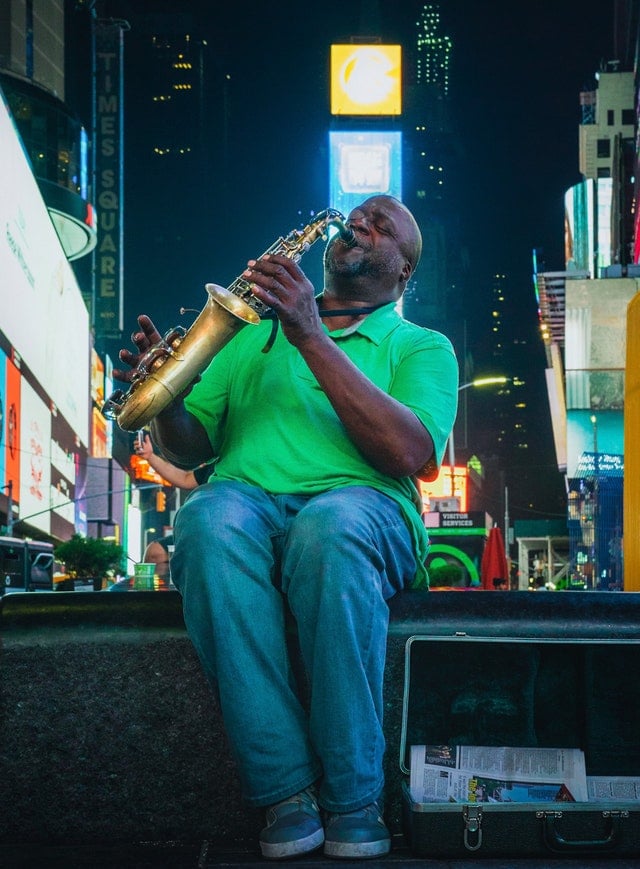
By helping us see how fragile life is, COVID-19 is helping us perceive what’s truly important. The group survives, not the individual. One way or another, we all (even the self-employed) work for those eight individuals, either directly or indirectly through our activities. It’s time we started working and living for each other.
Viruses be damned, we know we are all going to die; life goes on. Amazing.
Click here for a message from Catherine Pawasarat Sensei from retreat during the COVID-19 Epidemic: Guardians Against Epidemics: Blessings from Retreat.
Can’t Get Enough Dharma? You’ll Enjoy These:
Find Us Here:
Search this Website:
The foundation of conscious community is conscious, loving relationships between individuals.
Your relationships can keep you spinning in the same cycles—or, like anything else, you can use them as a vehicle for liberation. And, you can choose to do this together.
We invite you to listen to our free audio course on Conscious Love and Relationships to gain insight into how to make all relationships more conscious, liberative, and aligned with your highest aspiration and values—whether it’s with partners, parents, coworkers, friends, roommates, or someone on the customer service line. Relationship is at the heart of being, and healthy and conscious relationship all begins with you.
Enter your details below to download the full Conscious Love audio course and subscribe to Planet Dharma. You’ll receive occasional articles, news and helpful Dharma material. (Don’t worry, we will be kind to your inbox!)
